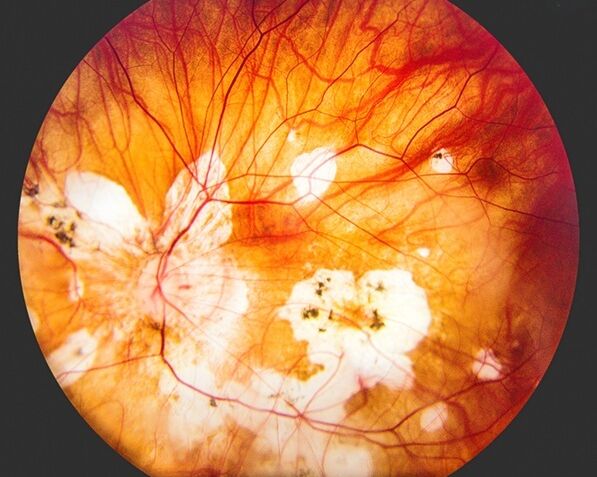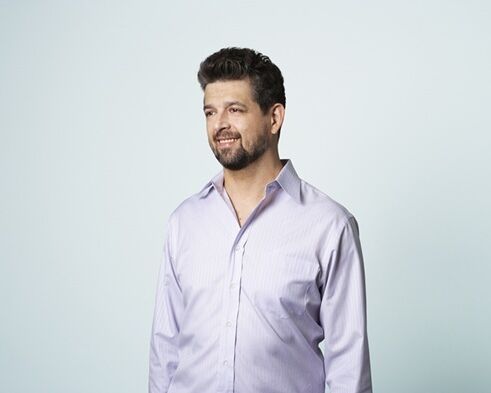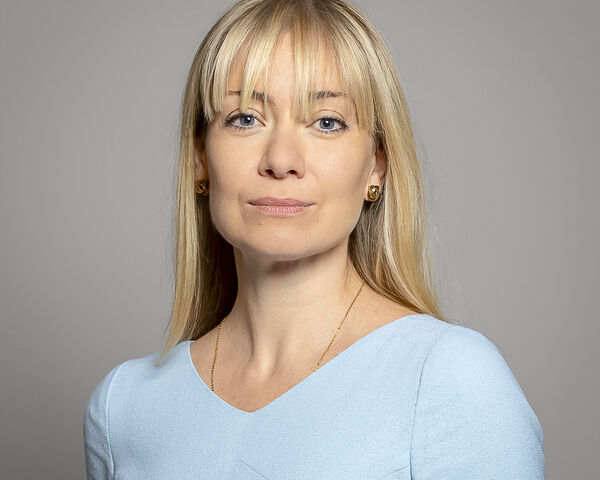Rare Disease Day – embedding patient experience at the heart of rare disease research
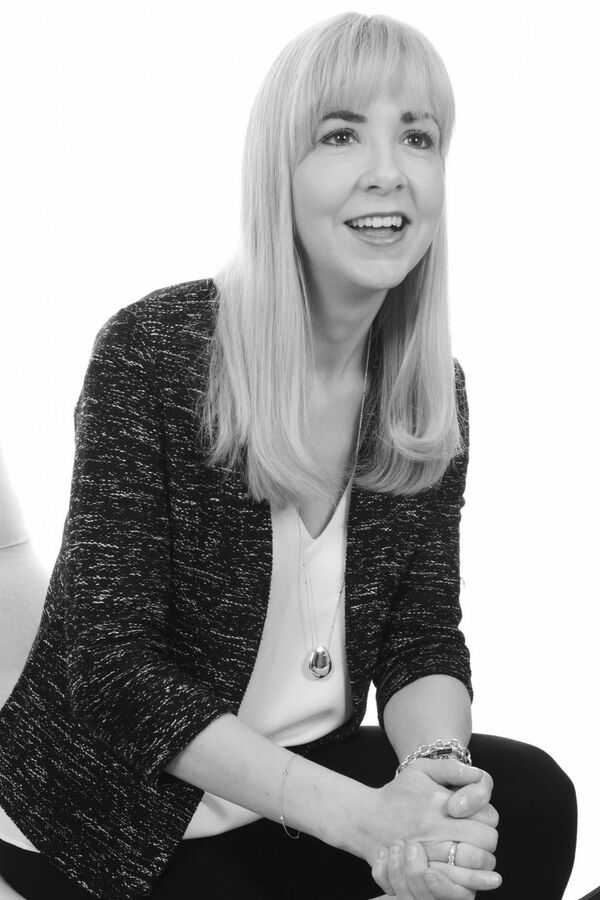
As the world marks Rare Disease Day on 28 February, Genomics England explores patient and clinical perspectives of rare disease.
In this blog we hear from Rebecca Middleton − taking part in the 100,000 Genomes project’s rare disease programme and Vice Chair of the Project’s Participant Panel.
In an accompanying blog we hear from Dr Richard Scott, Genomics England’s Clinical Lead for Rare Disease. While coming at the rare disease experience from different directions, they share the idea of progress, challenges – and hope.
“I was sat drinking tea at my uncle’s wake nearly five years ago when the penny finally dropped. My maternal uncle had died due to a ruptured aortic aneurysm a week earlier; he was 62. Five years earlier my mother had died at the age of 59 of a brain haemorrhage due to a ruptured cerebral aneurysm. Talking to my relatives at the wake, my cousins and I started to pull the pieces together of the most unfortunate puzzle. We realised that a further two relatives had died of complications due to aneurysms, both aortic and cerebral, including my maternal grandmother.
We all fell silent as we realised that an unfortunate coincidence was, in fact, looking like an unfortunate flaw in our genes. After further research and talking to many experts in the field, I finally underwent a brain scan in 2014 to discover that I too had a brain aneurysm and the genetic flaw continued down our family line.
My small aneurysm is in a difficult position which means it can’t be treated without big risks, so I undergo regular monitoring and learn to live with the anxiety it brings. Along the way, I was diagnosed with familial aneurysm syndrome, a broad-brush label for an unknown fault in my genes.
Since this discovery, I have been on a remarkable journey. After existing NHS genetic testing didn’t find the answers I was looking for, I was recruited onto the 100,000 Genomes Project, became a participant on my local project delivery board in Leicester and Vice-Chair of the national 100,000 Genomes Project Participants Panel.
I am incredibly proud to sit on the local and national panels, which are at the heart of Genomics England. The Participants Panel is made up of participants from both the rare disease and cancer parts of the project and works incredibly hard to ensure our interests are represented and our valuable data used responsibly by the medical and research community.
Rare disease is complex and so is living with it. There are over 6,000 rare diseases, often presenting themselves in their own unique way. Today, one in 17 of us is living with a rare disease and each of us has had a very different and difficult journey to the door of our genetic counsellor or hospital consultant.
Rare disease day this year throws a spotlight on the patient’s involvement in research. A place where we should naturally be. It’s our ‘uniqueness’, experience and knowledge of our own disease that makes us the best placed experts to work with researchers to move medicine and understanding forward.
And that means more than being told about research, but rather being an active player in how it is developed, carried out and reported. As technology and the optimisation of big data progresses, it becomes critically important that we, as patients, work with researchers and the medical community to design research that answers our critical questions. We should be seen more than a sum of our symptoms; our voices not lost in the 3.2 billion letters of our genome.
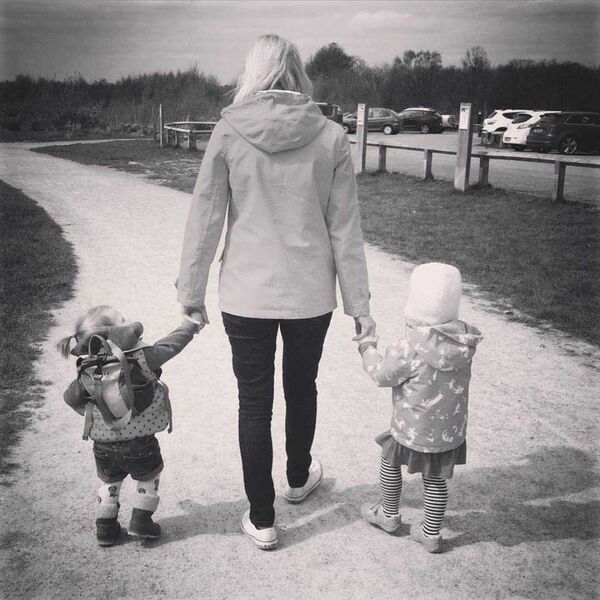
I’m pleased to say that the national Participants Panel of the pioneering 100,000 Genomes Project reports straight to the project’s governance board. We have a loud voice at the top table. It is ground-breaking patient involvement for a ground-breaking project. We are not ‘token’ patients but have helped deliver real change for the benefits of patients and their carers already, with the support of the project team.
As the NHS aims to bring genomics from the side-lines of medicine to the mainstream by the end of the year, there is a real opportunity and appetite for meaningful patient involvement at every level of the service.
For myself and many others, research means hope. As we often have little control over our disease, it is that hope that keeps us searching for answers for ourselves and our families – or in my case for the sake of my two beautiful, young daughters. By active and effective involvement of patients in rare disease research and service design, we too can move forward from the side-lines and be central to finding future cures, treatments and better care for families. Through involvement, we become an asset as well as a patient. Let’s make that hope a reality.”
Rebecca Middleton is Vice Chair of the 100,000 Genomes Project Participant Panel.
